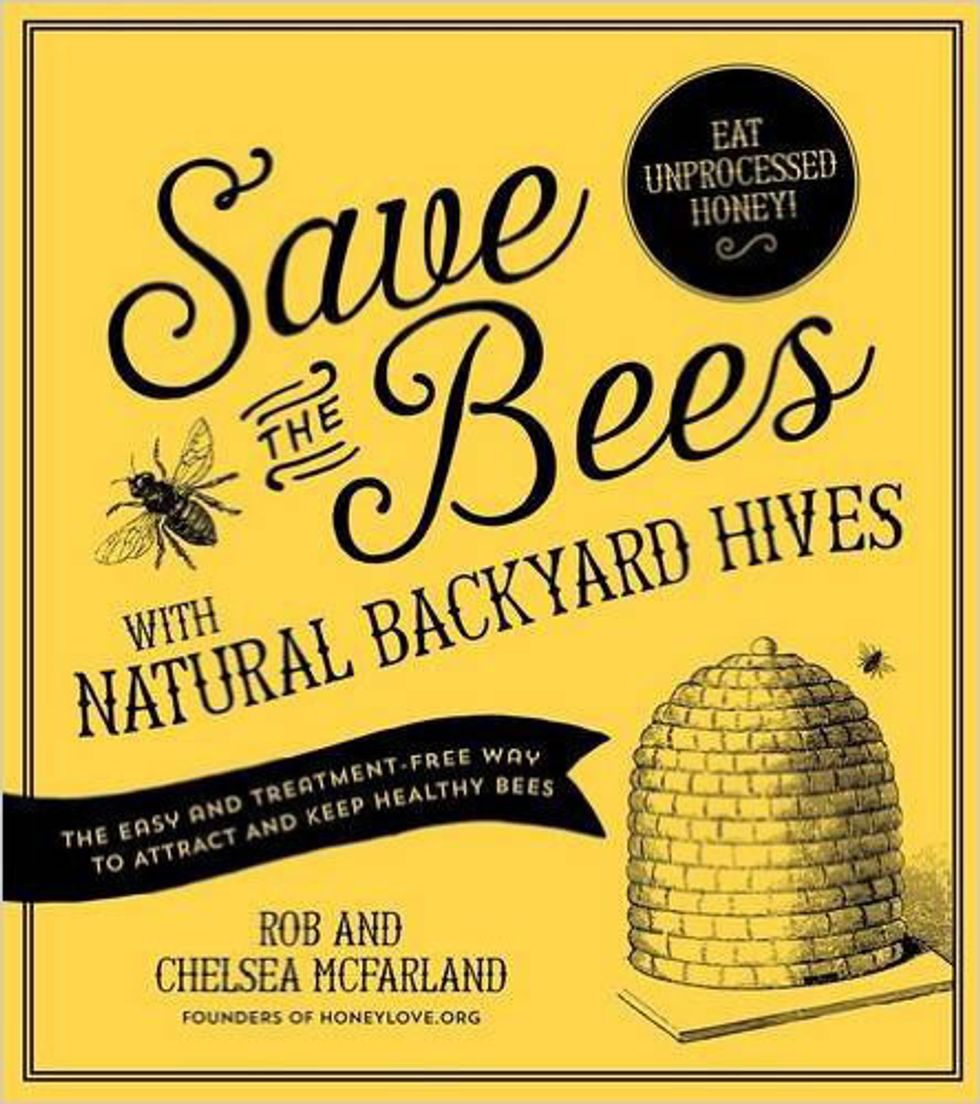When I was seven I got stung by a bee. It was my fault, I accidentally stepped on it while walking barefoot through the yard. Nevertheless, it ignited a fiery fear of all bees within me. For a long time, I avoided them and never, ever got near the lavender bush in the front yard because that's where they were sure to congregate.
But one day, I was watching them from the porch (a safe distance away) and realized that they are truly amazing creatures. Without bees much of our society as we know it, would die. Everything you can possibly think of comes from bees in one way or another. Even your clothing! The cotton that your fabrics are made of were even made by bees. Cotton is a plant, and all plants pretty much get pollinated by our friends, the bees.
Unfortunately, these buzzing little beauties aren't so well off. Bees are dying at an alarming rate. This can be attributed to pollution, deforestation, pesticides, and Colony Collapse Disorder (CCD). CCD is when workers bees leave their queen behind, and in doing so they leave their colony and hive behind to die. Bees were also just added to the endangered species list for the first time in history.
Some good news is that CCD isn't as big of a threat as it once was, and has declined over the past 5 years. This doesn't mean that CCD isn't still an issue. While a world without our little pollinating friends might look scary, know that there are things that you can start doing today to boost your local bee population growth:
1. Plant a bee garden! Encourage pollination by planting bee favorites: lavender, daisies, and marigolds. Those plants provide plenty of pollination opportunities for your local bees.
2. Don't use harmful pesticides or chemicals on your lawn. These hurt bees and can kill them.
3. Buy honey from local beekeepers. This not only supports them, but supports their bees!
Insects such as bees may be gross or scary to some of us, but they're so important to our global economy. If bees die, we die. Our goal should be to make the planet habitable for all species and not take advantage of our one and only shared home: The Earth. We have taken bees for granted, so make sure to support your local bees today!











































